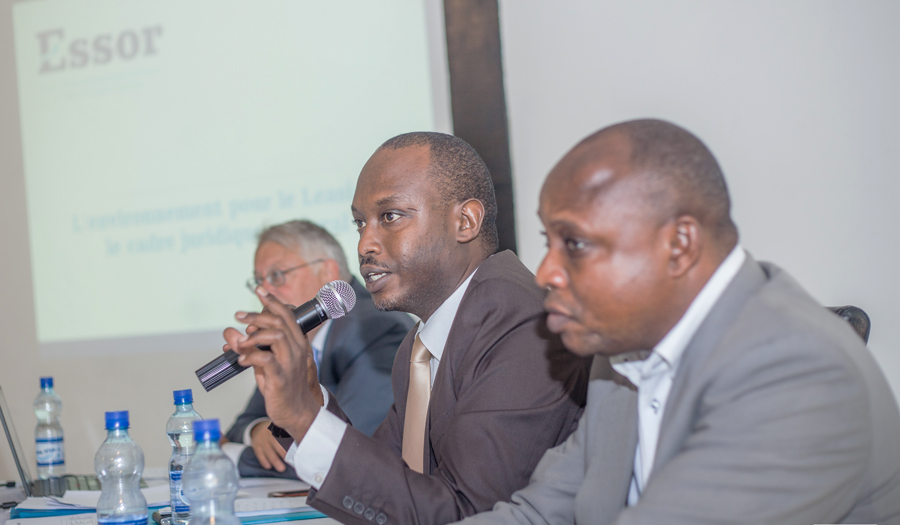Democratic Republic of the Congo—Essor: For an Environment Conducive to Investment
Client: Foreign, Commonwealth & Development Office
Duration: 2015-2020
Region: Sub-Saharan Africa
Country: Democratic Republic of the Congo
Solutions: Economic Growth
The five-year Essor Programme was launched by a consortium headed by Pricewaterhouse. Essor acted at meso (business associations) and macro (government) levels to improve the incomes of the poor through the development of micro, small, and medium-sized enterprises (MSMEs)—including those that are women- and youth-owned and those in rural areas—through reforms to the country’s investment climate and policies.
Essor’s workstreams focused on:
- Implementing the Organisation of the Harmonisation of the Business Law in Africa (OHADA), an initiative that comprises 17 countries, including the Democratic Republic of the Congo (DRC);
- Combatting corruption;
- Improving access to electricity at the provincial level; and
- Expanding access to finance (Essor A2F), the workstream implemented by DAI.

Essor A2F Sample Activities
- Assist the Ministry of Finance to develop an MSME-specific chapter inside the first National Financial Inclusion Strategy.
- Support the National Financial Education Programme.
- Provide exclusive technical assistance aimed at operationalising a leasing-enabling environment following the DRC’s adoption of its leasing law.
- Provide exclusive technical assistance aimed at effective market liberalisation through an inclusive insurance-enabling environment following the DRC’s adoption of a new insurance code.
Essor A2F Select Results
- Developed a Collateral Registry IT tool that allows data gathering, sharing, and management of information on borrowers’ collateral by financial institutions.
- Designed financial literacy modules to train potential lessors and lessees in the DRC on how debt, credit, and leasing works.
- Ongoing assistance to the Banque Centrale du Congo led to the bank’s “Instruction,” or implementing measures, to financial institutions regarding leasing.
RELATED CONTENT:
Regional—AL-INVEST Next Programme Management Unit and EU-LAC Trade and Investment
The AL-INVEST Next Programme and its EU-LAC Trade and Investment Component promote a more dynamic and sustainable economic relationship between the EU and the countries of Latin America and the Caribbean.
Read More